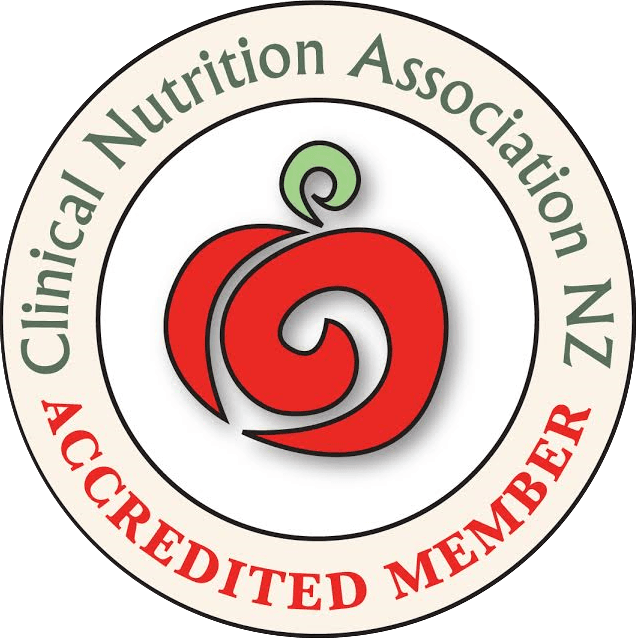You may be asking yourself if you're heading into that time of life, or maybe you already know that you are. It can be a confusing time as your body begins to change and hormones go up and down like a yo-yo. It's a good idea to book a GP appointment to get some tests done, or you can see someone like myself that also can order any tests. However, to determine if you are really in perimenopause, going off of symptoms is always the best determining factor as hormones often don't follow the regular pattern that they once did during your cycle.
Before you see a health professional I advise you do the following:
Write down your family history of diseases and illnesses, which relative had them, and at what age. This information could qualify you for certain medical tests you may not otherwise be qualified for. For example, if you have fatigue and a family history of hypothyroidism, your physician can add that test. Another example is endometriosis, especially if it was your mother who had it before you.
Keep a symptom journal, noting any changes to your health since your last visit, including new aches and pains, increased fatigue, hair loss, weight gain or loss, constipation, forgetfulness, depression, etc.
Try to obtain the first appointment of the morning, that way your physician or health practitioner is fresh at the start of the day.
Write down the specific tests you would like and what symptoms you have that would make testing these levels a good idea.
Tests to Ask For:
Vitamin D: So many are deficiency in this important fat-soluble vitamin, especially during menopause. Vitamin D has many roles in the body: it is a hormone-precursor that plays a key role in immune function and mood. Deficiencies in vitamin D can also be a factor in autoimmune disease and certain cancers. If you have fatigue or a mood disorder, ensure you get tested for Vitamin D.
Zinc: Zinc is used by your body in cell production, immune functions, gut integrity and hormone conversion. When you’re zinc deficient, your body can’t produce healthy, new cells. This deficiency leads to symptoms such as unexplained weight loss, wounds that won’t heal, lack of alertness, and decreased sense of smell and taste.
Magnesium: Magnesium deficiency is linked to poor sleep, nerve problems, mood disorders, fatigue, muscle cramping, headaches, and brittle hair and nails. It is also important in heart health, blood pressure, and to keep your thyroid in balance. We use up our magnesium stores daily through stress, caffeine, sugar and more.
Thyroid: Thyroid disorders are incredibly common, affecting one in 10 women, and about 60% of people with a thyroid problem are unaware of their condition—and thus, unable to manage it appropriately. The TSH is a great screening test, but a more comprehensive thyroid panel is needed for women experiencing unexplainable weight gain or loss, chronic fatigue, cold intolerance, hair loss, forgetfulness, constipation, and feeling generally depressed. Ask for a TSH, free T4, free T3, reverse T3, and two types of thyroid antibody levels called anti-TPO and anti-thyroglobulin. A more comprehensive panel can spot issues early while they can still be addressed with lifestyle changes. This is another test I can order, but it will be cheaper to go through your GP.
Iron/Ferritin/Folate & B12: Anemia is a major cause of chronic fatigue. Low vitamin B12 is common among vegetarians and vegans but can also exist among omnivores due to nutrient malabsorption issues caused by antibiotic overuse or celiac or Crohn’s disease. .Low iron can present as anemia or even hypothyroidism. Even if you’re not anemic (which can be tested for with a CBC), you can still be iron deficient—which is why testing for iron and ferritin separately is important. Many during perimenopause have irregular cycles and sometimes very heavy bleeding for a prolonged period of time, making them iron deficient.
I hope this was helpful to give you something to think about and get started with. Again, I"m happy to order any tests. It's a good idea to have a consultation as I can assess the entire body and ensure you're eating for perimenopause, because there are many phytoestrogen foods that can help, along with liver support. Get in touch!


